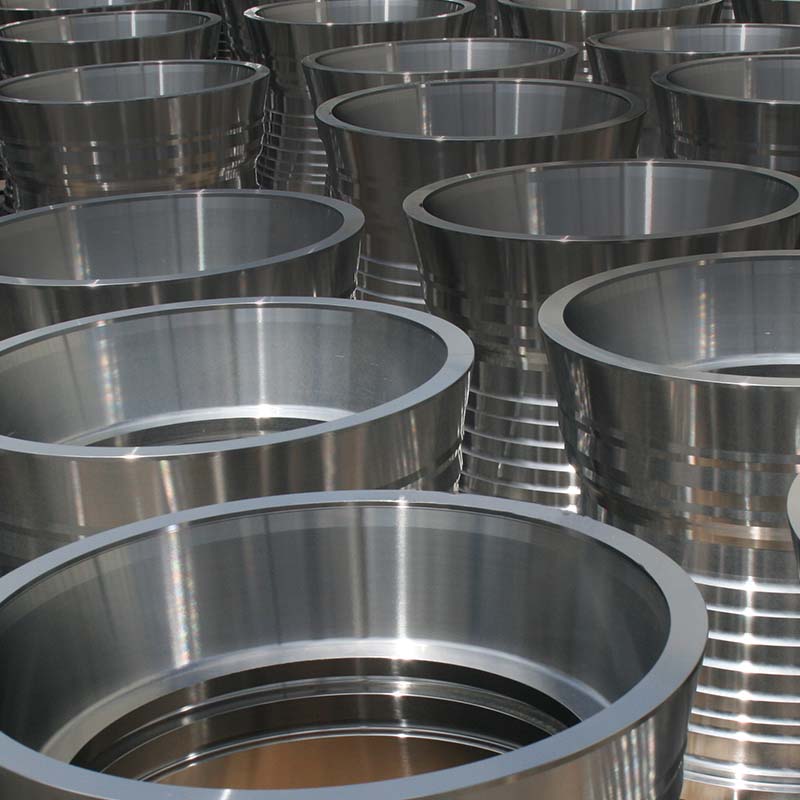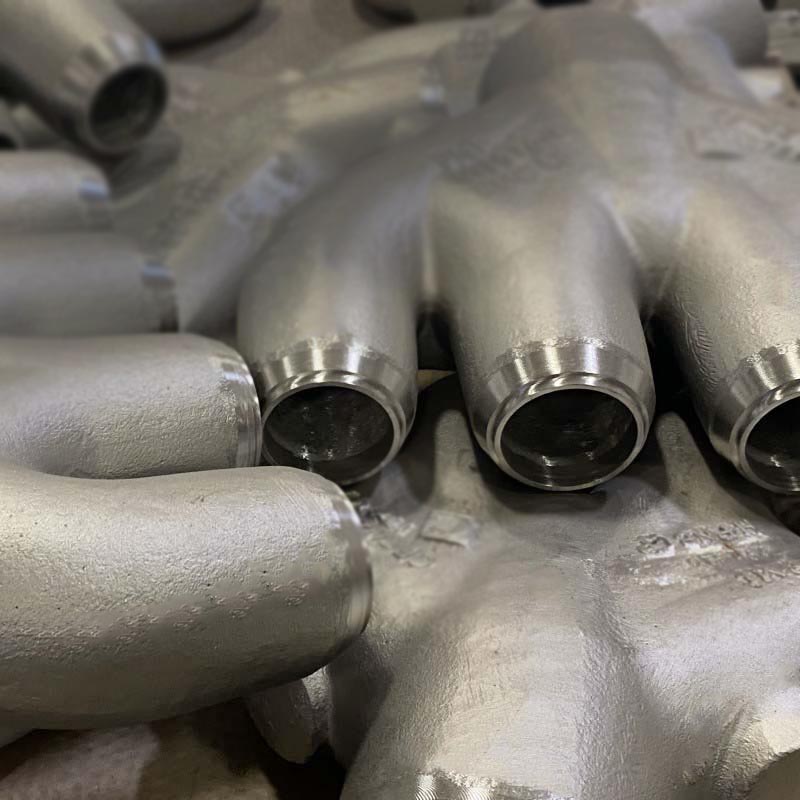Overview
HL is a high-temperature alloy that combines the strength of HK with enhanced corrosion resistance, particularly in the presence of hot gases. This alloy maintains its structural integrity and resists degradation even under prolonged exposure to elevated temperatures and corrosive environments. Its improved corrosion resistance makes it suitable for applications where components encounter hot gases containing sulfur, carbon, or other corrosive elements. With a service limit of 1025 degrees Celsius (1875 degrees Fahrenheit), HL offers reliable performance in demanding conditions. This combination of strength, high-temperature resistance, and enhanced corrosion resistance makes it a valuable choice for specialized applications in industries where these properties are critical.
Typical Uses
Calcining tubes, pier caps with temperature fixtures and hardware.
MetalTek Designation
MTEK 30-20
Poured At:
Carondelet Division, Sandusky International Division, Wisconsin Centrifugal Division, Wisconsin Investcast Division
Similar Specifications
Cast UNS: N08604
Cast Grade: HL
Cast ASTM: A297, A608
Typical Chemical Composition (% by wt.)
Aluminum: n/a
Carbon: 0.20-0.60
Chromium: 28-32
Manganese: 2
Iron: n/a
Copper: n/a
Nickel: 18-22
Lead: n/a
Tin: n/a
Silicon: 2
Zinc: n/a
Minimum Mechanical Properties
Heat Treatment: Not Heat Treated
Frequently Asked Questions
Heat resistant stainless steel refers to alloys designed to maintain mechanical properties and resist oxidation at elevated temperatures.
Applications include furnace parts, heat exchangers, and components in petrochemical plants.
Heat resistant stainless steels can withstand temperatures up to 1,150°C (2,100°F), depending on the grade and exposure time.
High chromium and nickel contents stabilize the austenitic structure and form a protective oxide layer, resisting scale and oxidation.



